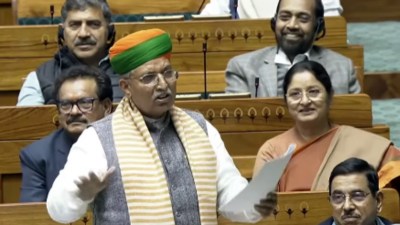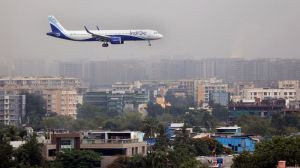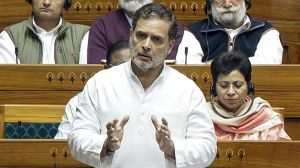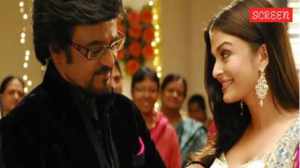Commonwealth buys time on rights monitor
Treading gingerly on the issue of human rights abuses by some member states,Commonwealth leaders bought time on the issue of appointing a human rights commissioner.
Treading gingerly on the issue of human rights abuses by some member states,Commonwealth leaders on Friday bought time on the issue of appointing a human rights commissioner.
Some countries,India included,have been opposing the move,backing an internal report which seeks more proactive defence of human rights.
Australian Prime Minister Julia Gillard told reporters that leaders had backed the report of the Commonwealth Ministerial Action Group (CMAG) and called it the CHOGMs first concrete action.
That report and all of its reform proposals and recommendations,has been adopted…. It means that this meeting has already acted to embrace reform and strengthening of the Commonwealth, Gillard said.
The purpose of these reform proposals is to enable the Commonwealth to act when a country is veering off course in terms of democratic values and the rule of law,rather than waiting until a country has gone to a grossly unacceptable stage,and leaders only having the option of suspension or expulsion in front of them.
Gillard later made it clear that Sri Lanka,under pressure to allow an independent inquiry into allegations of war crimes during its final offensive against the Tamil Tigers,would host the next CHOGM in 2013.
Canada,home to a large Tamil population,has threatened to boycott the Sri Lanka CHOGM if the country does not sort out its human rights issues.
India seemed to be rallying behind Sri Lanka,saying the idea of appointing a human rights commissioner,as espoused by a group of civil society members who make the Eminent Persons Group,still needs further study.
Foreign Secretary Ranjan Mathai said the leaders,while at the Retreat on Saturday,would continue their discussion on the voluminous EPG report.
Briefing reporters,Gillard said there was no proposal before CHOGM leaders to change the venue for the 2013 meet in Sri Lanka.
Commonwealth Secretary General Kamalesh Sharma said the 2009 meeting in Port of Spain had taken a firm and final decision on Sri Lanka as the next CHOGM host.
- 01
- 02
- 03
- 04
- 05































